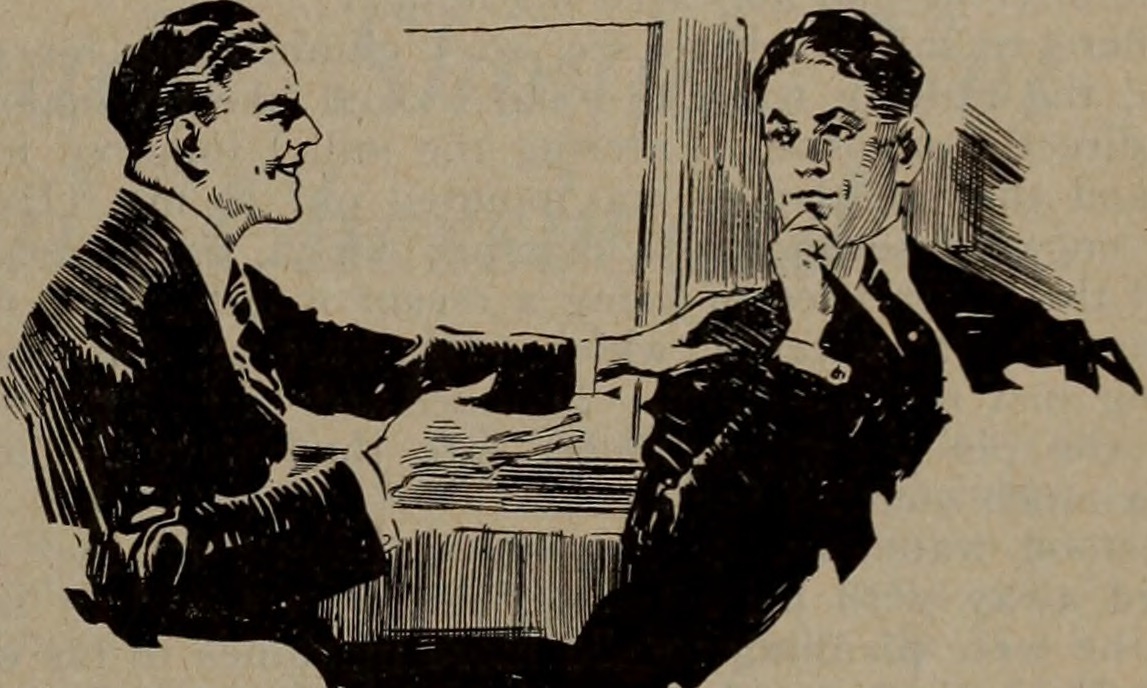The last time I set foot in a McDonalds, I witnessed an injustice. Not a grave injustice—something minor, but nonetheless a system which failed to respect the entirety of the human person. I saw, for the first time, automated and unmanned ordering stations at a fast-food restaurant.
Now, I know what you’re thinking as you read this: “All right brother, we get it, you’ve got reservations about modern technology. But you call it injustice? Isn’t that a little much?”
But I do claim that technology’s invasion of one of the most mundane interactions, ordering food, hinders our exercise of the virtue of justice. Justice is a virtue, a stable disposition and habit by which we act well, that is much broader than typically assumed. It extends to govern well our interactions with others by giving each what is his due, maintaining equity over a whole host of relationships and interactions. Cicero describes the scope of justice splendidly, writing that it concerns:
The solidarity of mankind, that species of alliance and partnership of interests and that actual affection which exists between man and man, which…gradually spreads its influence beyond the home, first by blood relationships, then by connections through marriage, later by friendships, afterwards by the bonds of neighborhood, then to fellow-citizens and political allies and friends, and lastly by embracing the whole human race. (De finibus V)
Justice seeks equity; it seeks to give what is due to each person as a person. Thus, while it certainly demands that in a commercial exchange a just payment is made for goods and services, it requires more than that. One of its demands is that both the customer and the merchant, strangers as they are, treat each other with a certain cordiality, recognizing and respecting each other’s humanity even in a purely commercial context. Justice demands that we be polite—it even demands that we be friendly.
For this reason, St. Thomas names friendliness, which he also calls affability, as a particular virtue which is a part of justice (ST II.II.114.2). He writes, “It regards a certain debt of equity, namely, that we behave pleasantly to those among whom we dwell.”
We owe it in justice to behave pleasantly to those around us. We live bound together in a common society sharing a common good, and affable behavior recognizes and supports our shared life. It is just to be friendly. Like every virtue, friendliness perfects us, it makes us to be more like the men and women which God created us to be. We should seek to be just, and we should likewise and for similar reasons seek to be friendly.
But we can’t be friendly, we can’t exercise this part of justice, if we are denied the opportunity. And here we return to the automated cashier. While it may be efficient or comfortable, it deprives us of a human interaction, however simple, which would be governed by justice and friendliness. It isolates us from the real society in which we live; it maintains the fiction that we do not live together in a community with a shared common good. The replacement of the cashier with the tablet prevents us from undertaking a just and friendly act, and in fact encourages our tendencies towards unfriendliness. In this way, it is an injustice.
There are, of course, much greater injustices in the world. But this is one which you, today, can right. Go and be just. Go and be friendly.







